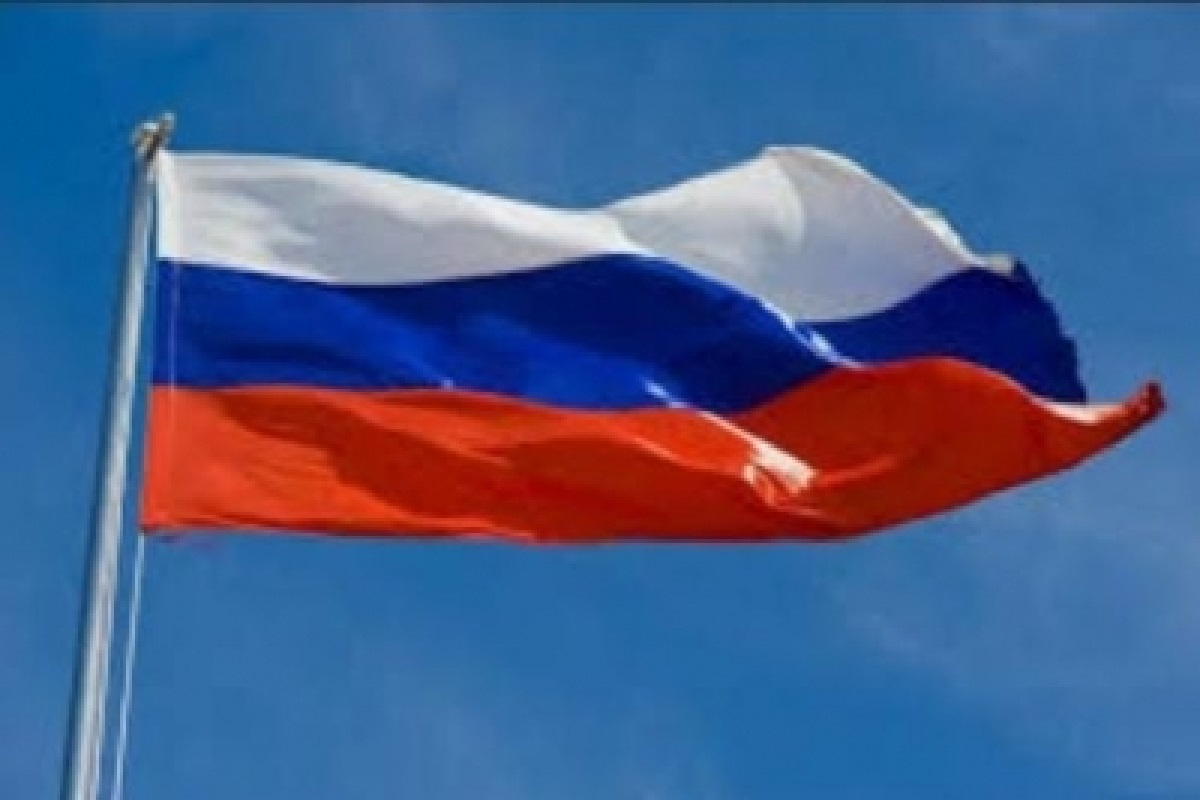Trump threatens Russia with sanctions
US President Donald Trump on Friday threatened far-reaching sanctions against Russia until a ceasefire and a final settlement is reached with Ukraine.
The moves are a reversal of nearly a decade of efforts to make Russian research institutions more internationally competitive. The country actively recruited international scholars and pushed for Russian scientific organizations to vet their researchers’ work based on metrics in the Web of Science and Scopus.

Photo: IANS
The Russian government has announced that its scientists will not take part in international conferences this year, following their strained relationships with the global research community due to Moscow’s ongoing invasion of Ukraine, the media reported.
The announcement was made by the Russian Ministry of Science and Higher Education via its Telegram channel, as well as Minister Valery Falkov during a meeting with universities, the Verge reported.
Advertisement
Falkov said that scientific schools should no longer emphasize when publications are indexed through the two major international scientific databases, namely Web of Science and Scopus.
Advertisement
The two databases are major sources of scientific information and have metrics that are widely used to evaluate the relative importance of scientific research.
While the country’s scientists are not banned from publishing research in international journals indexed in the two databases, it will not lean on them as indicators of the quality of the work, the report said.
The moves are a reversal of nearly a decade of efforts to make Russian research institutions more internationally competitive. The country actively recruited international scholars and pushed for Russian scientific organisations to vet their researchers’ work based on metrics in the Web of Science and Scopus.
International rankings organisations can use data from those databases to develop their lists of the world’s best universities.
But, two weeks ago, the Russian government decided to stop rating scientific research more highly if it was published in Web of Science- and Scopus-indexed journals.
The government also said it would no longer require research done with grants from government research programmes to be published in indexed journals.
Meanwhile, Clarivate, which runs Web of Science, had already closed its Russian office and said it would not evaluate new journals from Russia and Belarus.
Other research organisations have also cut ties with Russian researchers. The European Organisation for Nuclear Research, or CERN, said that it would not collaborate with the Russian Federation, the report said.
Few journals have also noted they will not accept work from Russian institutions, but some prominent ones including Nature have pushed back against a publishing boycott, saying that it does not want to block scholarly exchange.
This has happened exactly as feared by the research community in Russia.
Following the beginning of the Ukraine war on February 24, more than 4,000 scientists signed an open letter slamming Russia’s military invasion into Ukraine and accusing the Russian government for spelling doom on scientific cooperation between the two countries as well as in the continent.
The scientists feared international isolation which may result in “scientific, cultural and technological degradation”.
“Having unleashed the war, Russia doomed itself to international isolation, to the position of a pariah country. This means that we, scientists, will no longer be able to do our job normally: after all, conducting scientific research is unthinkable without full cooperation with colleagues from other countries.”
Advertisement